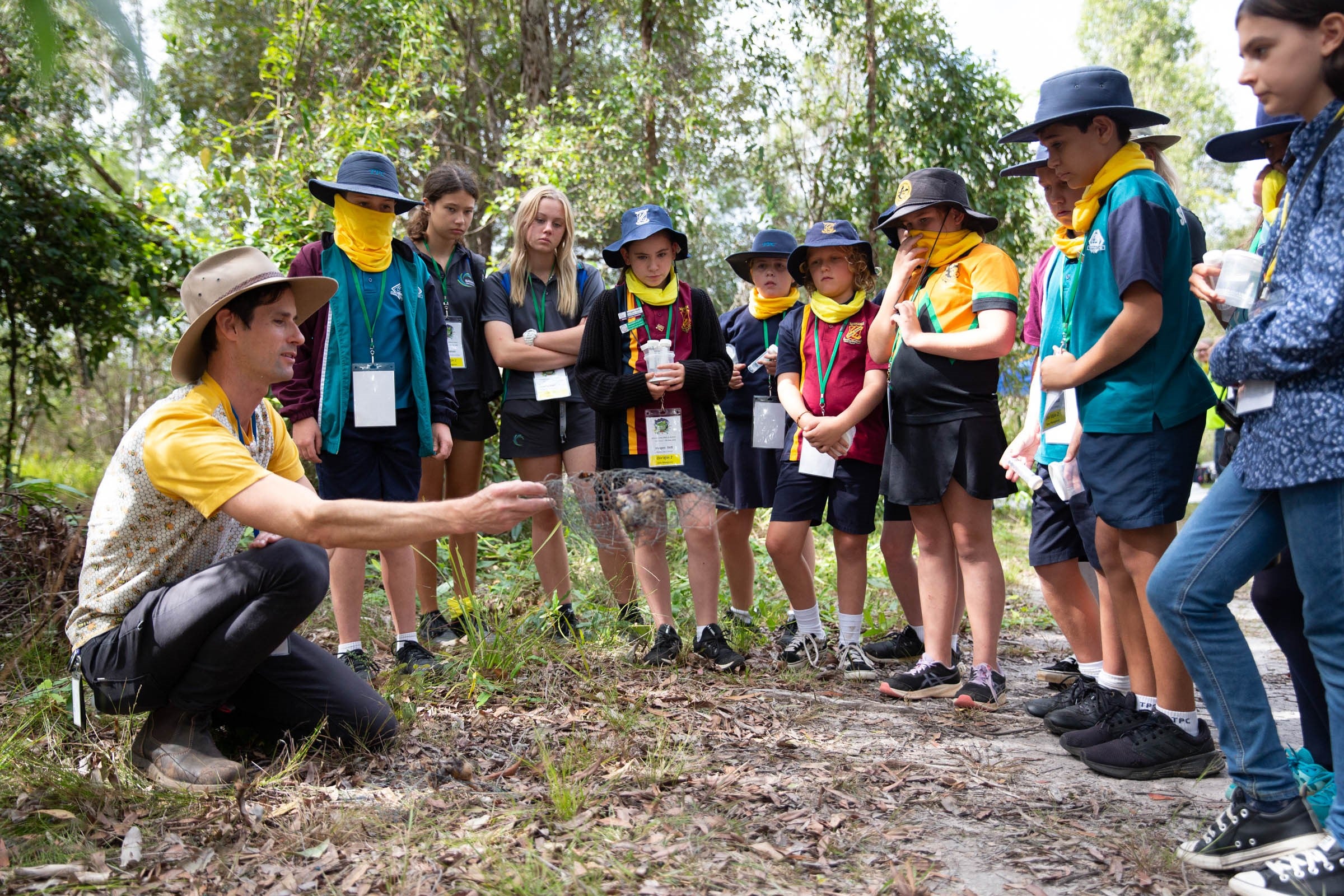On the eve of World No Tobacco Day on 31 May, Australia’s leadership in the fight against smoking and vaping has been commended by the World Health Organization (WHO), with Regional Director Saia Ma’u Piukala saying “Australia’s leadership in tobacco control is both commendable and inspiring”.
The Minister for Health and Aged Care, Mark Butler, in Geneva for the World Health Assembly, hosted top-level international talks on e-cigarettes and vaping with health leaders and officials attending the Assembly.
The landmark meeting was held in preparation for World No Tobacco Day, which this year is focussed on protecting children from tobacco industry interference.
The meeting highlighted the WHO call to action for Member States to take urgent and decisive action on e-cigarettes, with the release of a new WHO report ‘Hooking the Next Generation: how the tobacco industry captures young customers’.
To strengthen the global response, Minister Butler chaired a roundtable discussion with other Health Ministers and senior foreign health officials, to discuss countries’ shared challenges and successes in taking action on the harms of vaping.
Governments are increasingly following Australia’s lead and taking steps to protect young people by prohibiting or restricting the widespread supply, availability and promotion of vapes.
The Albanese Government’s world-leading vaping legislation is being followed with interest around the world. The laws will protect children, young people and all Australians from the harms of vaping, by regulating vapes as therapeutic products and ending the sale of vapes outside of pharmacies, blocking avenues for marketing and advertising, and criminalising the commercial sale, supply and manufacture of non-regulated vapes.
The legislation is before the Senate and due to come into effect on 1 July 2024.
Alongside introducing world-leading vaping reforms, the Albanese Labor Government’s comprehensive new tobacco legislation came into effect on 1 April 2024 and includes new measures to ensure that tobacco use continues to decline.
These laws build upon Australia’s word-leading plain packaging laws that were introduced by the Labor Government in 2012. More than 20 countries have since followed Australia’s lead and introduced their own plain packaging laws.
Quotes attributable to Minister Butler:
“Not only are the states and territories, peak medical bodies and the World Health Organization supportive of stronger controls on e-cigarettes – other governments are following Australia’s lead and taking their own action.
“More than 20 countries have followed Australia’s lead on plain packaging of cigarettes, a policy that Health Minister Nicola Roxon and the Labor Government introduced in the face of a savage assault from the tobacco industry.
“History is repeating, as Australia again leads the way on vaping and e-cigarettes. The world is watching, and the passage of our vaping legislation is being followed with great interest by other governments around the world.
“The best time to have done this would have been five years ago, but the second-best time is now. As Parliamentarians, we have a once-in-a-generation opportunity and responsibility to act now, to safeguard the health of young Australians for generations to come.”
Quotes attributable to Saia Ma’u Piukala, Regional Director, World Health Organization:
“Australia’s leadership in tobacco control is both commendable and inspiring, demonstrated by their sustained efforts to reduce tobacco use.
“Their strengthened regulation of e-cigarettes is a significant step forward for public health in the region and highlights their commitment to preserving tobacco control progress and protecting children and future generations from harmful and addictive products.
“These approaches offer valuable lessons that can be adapted to suit diverse contexts within our region.
“The use of e-cigarettes among young people is increasing at an alarming rate, negatively impacting communities and societies.
“The World Health Organization urges Member States in the Western Pacific Region to either ban or stringently regulate e-cigarettes as part of a comprehensive tobacco control strategy.”







